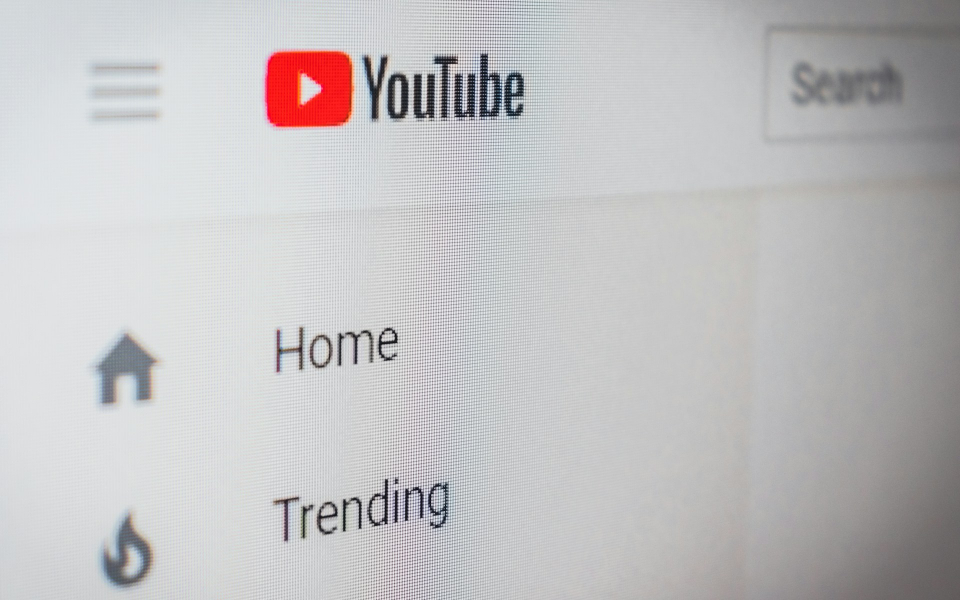Google by Alphabet Inc.
What Happened: Google and Meta reportedly collaborated on a marketing project aimed at targeting ads promoting Instagram to 13- to 17-year-old YouTube users, Financial Times revealed in a report on Thursday. The campaign, which was launched last year, reportedly targeted a user group labeled as "unknown" in the advertising system, a group that Google knew was predominantly under-18s. This move was in direct violation of Google's rules against personalizing and targeting ads to under-18s.
The marketing initiative was part of Google's strategy to increase its advertising revenue and Meta's efforts to retain the attention of younger users against growing competitors like TikTok. The companies worked with Spark Foundry, a subsidiary of French advertising giant Publicis, to launch the pilot marketing program in Canada earlier this year. The program was then tested in the U.S. due to its perceived success.
Google has since launched an investigation into the allegations and canceled the project. In a statement to FT, Google said, "We prohibit ads being personalized to people under 18, period. These policies go well beyond what is required and are supported by technical safeguards."
Meta defended its actions, stating to FT that selecting the "unknown" audience did not constitute personalization or circumvention of any rules.
Google and Meta have yet to respond to additional queries sent by Benzinga.
Why It Matters: This incident comes on the heels of Google's decision to retain third-party cookies in its Chrome browser, a move that stirred up the digital advertising world. Meanwhile, Meta has been seeing strong ad revenue growth, with higher average prices per ad and more ad impressions across its apps. However, this scandal could potentially impact the companies' standing in the digital ad market.
The allegations also coincide with the expected passing of a new child online safety bill by the U.S. Senate. The bill, which has wide bipartisan support, seeks to hold tech companies accountable for the impact of their platforms on minors.















